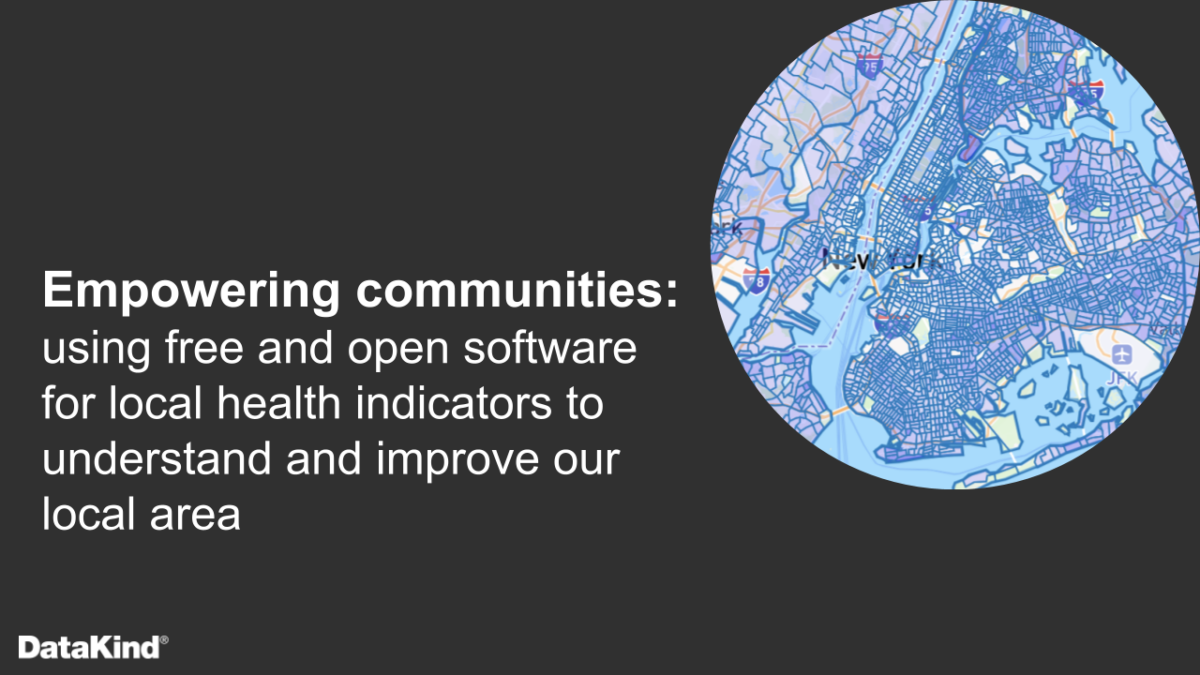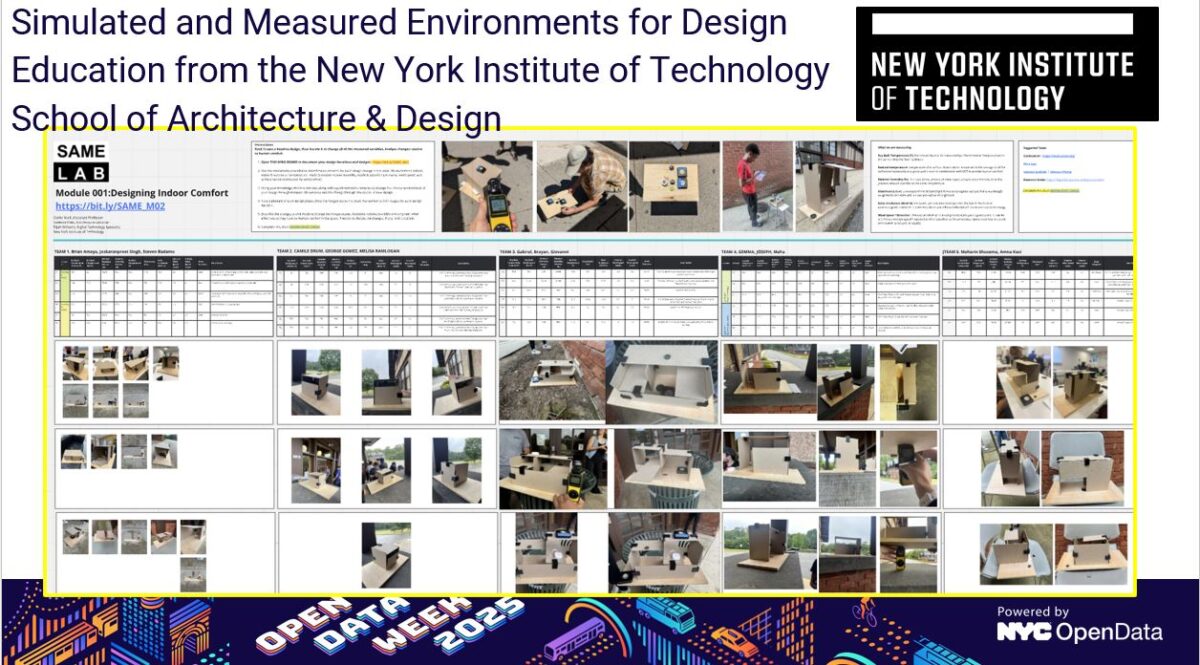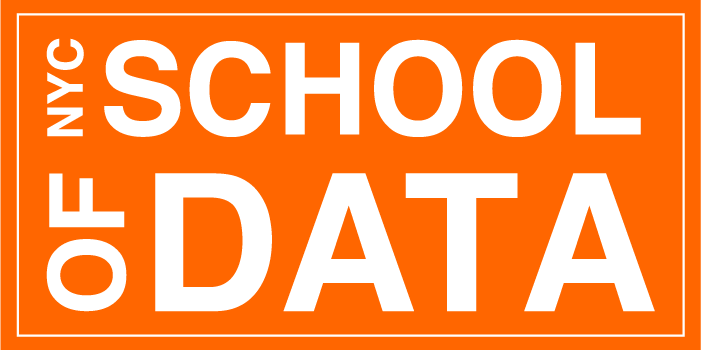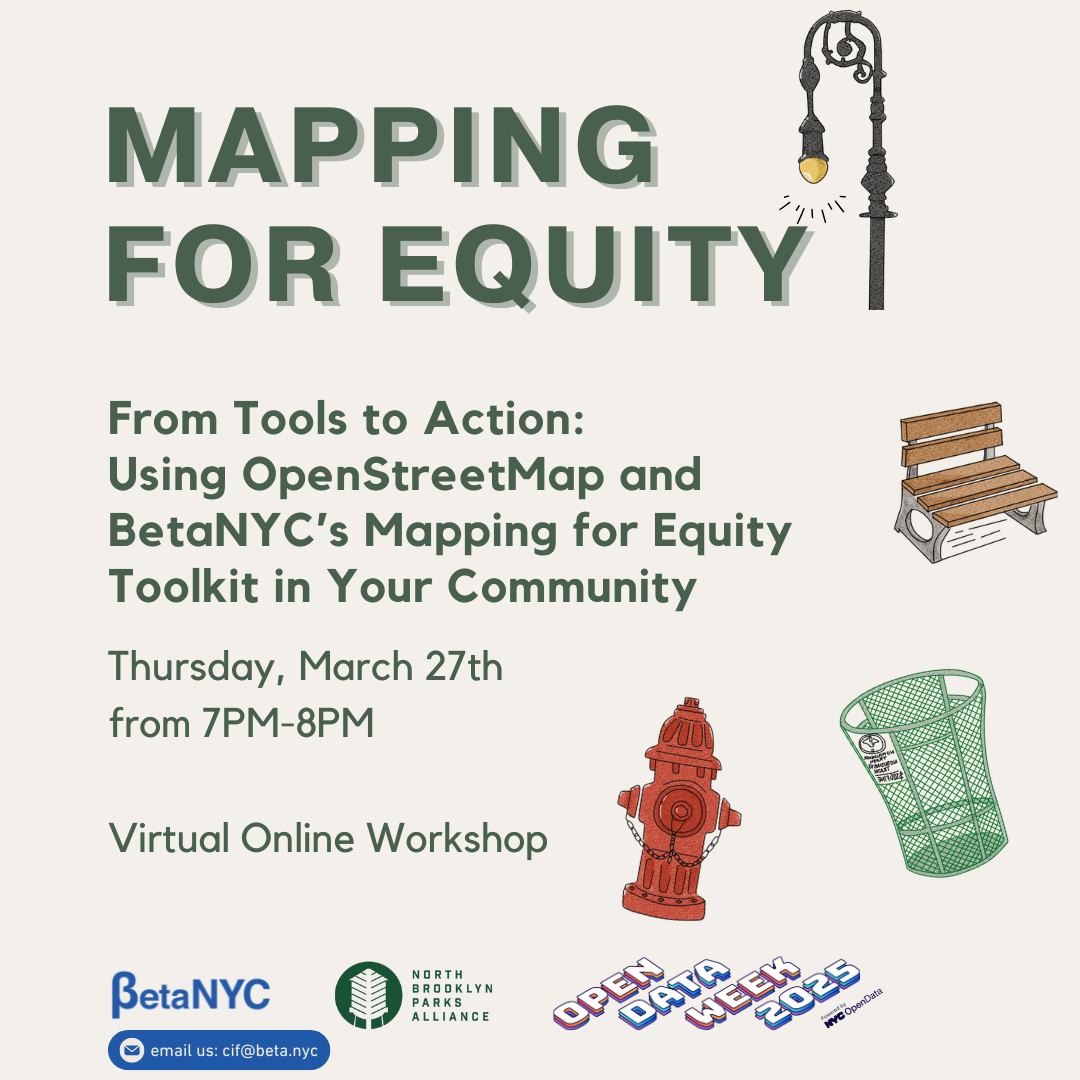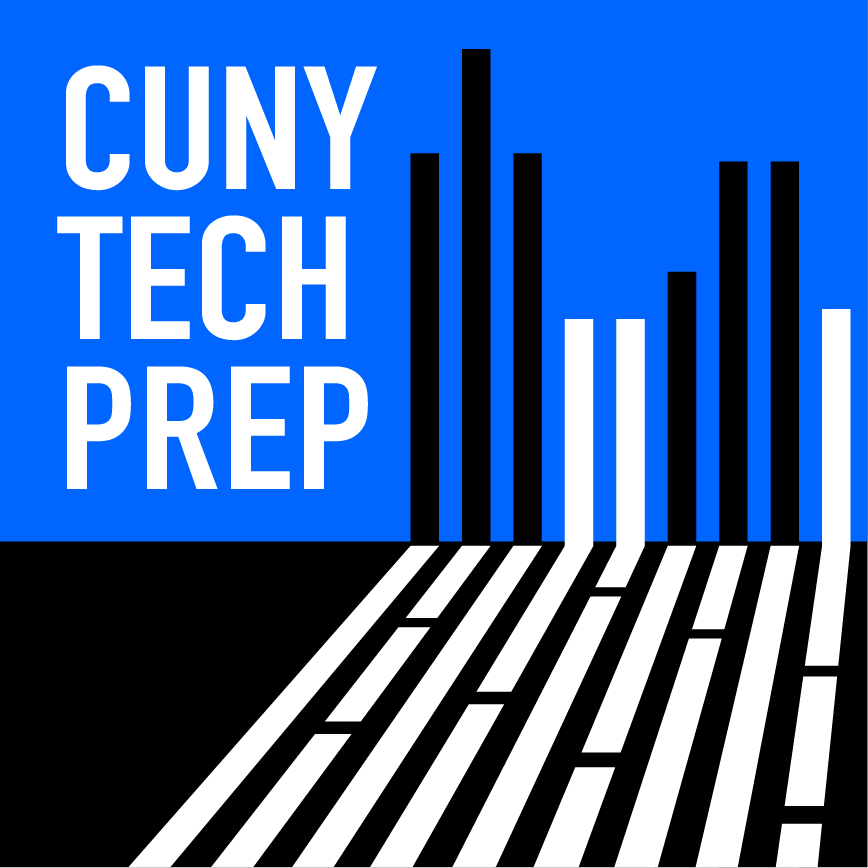Join us for an interactive virtual session where we’ll introduce you to BetaNYC’s Mapping for Equity (M4E) Toolkit—a resource for learning and teaching OpenStreetMap (OSM) and organizing Mapping for Equity events. M4E is a civics and data literacy program that empowers participants to see, collect, and analyze data on New York City’s under-mapped and underrepresented public spaces, making communities more visible and equitable.
Who Should Attend?
This session is designed for community leaders, educators, advocates, and organizers who want to bring civic tech and data literacy to their neighborhoods, classrooms, and organizations. Whether you’re new to mapping or an experienced data practitioner, you’ll gain the skills to integrate mapping into your work and mobilize your community for action.
What You’ll Gain
– Comprehensive toolkit access – Receive the full set of materials needed to host and facilitate Mapping for Equity events in your community.
– A network of fellow mappers and advocates – Connect with community leaders committed to using mapping for equity.
– Ongoing collaboration and accountability – Participation in this session is just the first step. Attendees are expected to stay engaged through office hours, follow-up discussions, and applying the toolkit in their communities.
Beyond the Session: Ongoing Support & Certification
Our collaboration doesn’t end when the session does! Here’s how we’ll continue to support you:
✅ Scheduled Office Hours – Participants must book time with our team to troubleshoot challenges and receive support as they implement the toolkit.
✅ Ongoing Engagement – Regular check-ins and communication are required to ensure accountability, provide guidance, and foster a collaborative learning community.
✅ Evaluation & Improvement – Participants will be asked to provide structured feedback to help refine and enhance the toolkit.
✅ Certification – Earn a Public Interest Mapping Advocate Certification from BetaNYC upon completing the required steps of the program.
This is more than a workshop—it’s the beginning of a community movement to create maps that empower, educate, and drive change. Join us and start mapping for equity today!

